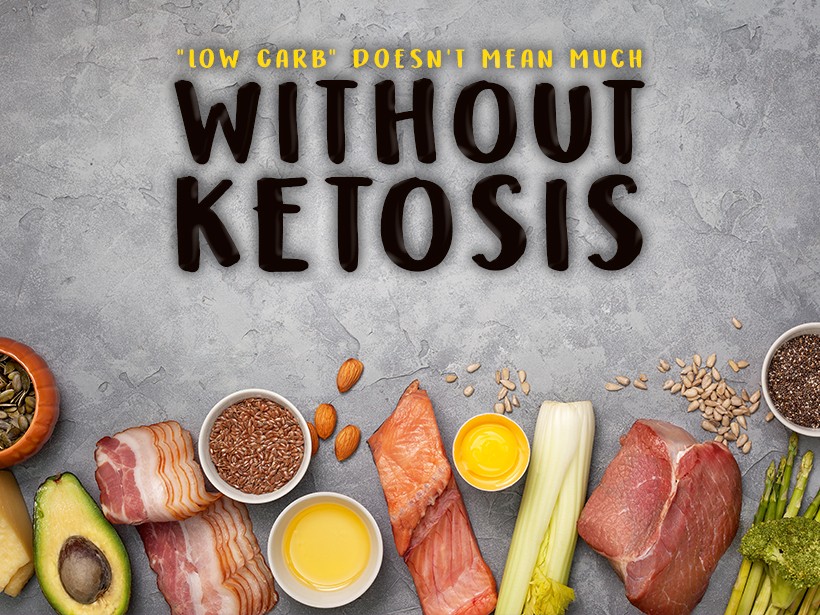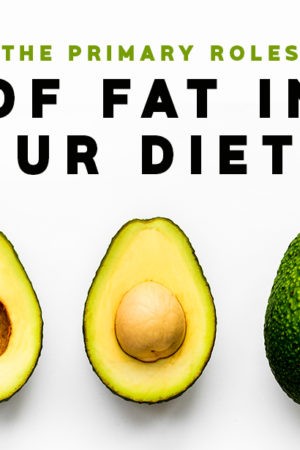A recent year-long study1 looked at the effects of two popular dieting trends: low-fat and low-carb. Their conclusion: both were pretty much equal, with the key to success being to stick to whichever diet you choose.
While technically correct–people rarely lose when not committed to losing–the study reveals a continued misunderstanding of low-carb diets. There will be some weight loss when one lowers carb intake. But that’s because those dieters are reducing their glycemic intake to a degree. The real key to loss on a low carb diet is eliminating enough carbs to reach ketosis.
Why Ketosis?
There are many ways we receive and create energy. In the last century, the main staple for energy has been carbohydrates. These turn into sugars in the body, where, if not immediately used, they get stored as fats. These fats are hard to get rid of if we continue consuming large amounts of carbs. Instead of burning the stored fat, bodies instead rely on the steady stream of incoming carbs.
This is where ketosis comes in. By lowering carb intake in a large way, our bodies go looking for energy to burn and find that stored fat. Within 48 hours of entering a state of ketosis, dieters should begin experiencing weight loss as that storage accessed. After that excess is consumed, the low-carb, high-fat keto diet provides an alternate energy source that won’t be quickly stored and forgotten on one’s hips!
The reason that the study showed no substantial difference between the two diets is that the low-carb group never sufficiently restricted their carbs to reach ketosis, meaning they never got to the fat burning stage of the diet! That's basically like putting two people in a pool for a swimming competition and tying one person's hands and feet while keeping the other person free–but telling him or her to not swim. The study results would show that neither having tied nor untied limbs made a distance; both test subjects achieved the same amount of distance. You would (very appropriately) discard that swimming competition as fundamentally flawed.
The study itself is not flawed, but how the results are being reported is inaccurate. This is not a reflection of a low-carb diet being ineffective, but rather an indication that a medium-carb, non-keto diet achieves approximately the same results as a low-fat diet.
NUTRITIONAL DISCLAIMER
The content on this website should not be taken as medical advice and you should ALWAYS consult with your doctor before starting any diet or exercise program. We provide nutritional data for our recipes as a courtesy to our readers. We use Total Keto Diet app software to calculate the nutrition and we remove fiber and sugar alcohols, like erythritol, from the total carbohydrate count to get to the net carb count, as they do not affect your blood glucose levels. You should independently calculate nutritional information on your own and not rely on our data. The website or content herein is not intended to cure, prevent, diagnose or treat any disease. This website shall not be liable for adverse reactions or any other outcome resulting from the use of recipes or recommendations on the Website or actions you take as a result. Any action you take is strictly at your own risk.
- McDonald's Goes Low-Carb Internationally - August 7, 2018
- Inclusive Diabetes Management Program Focuses on Low-Carb - June 21, 2018
- “The Island” Cast Member Attributes Her Success to Keto - May 31, 2018































